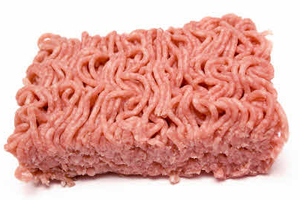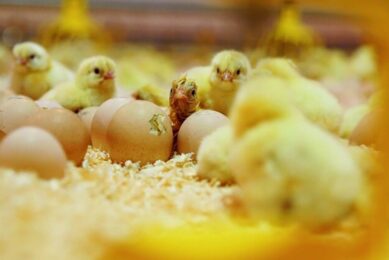Pew Report blames slow response for Salmonella outbreak

An examination of a Salmonella Heidelberg outbreak linked to ground turkey illustrates that health authorities must be more aggressive in their efforts to detect and respond to foodborne illnesses, according to a new report by The Pew Charitable Trusts, titled “Too Slow: An Analysis of the 2011 Salmonella Ground Turkey Outbreak and Recommendations for Improving Detection and Response.”
In total, the contaminated turkey sickened a reported 136 people in the United States, hospitalised 37 and killed one, according to government data.
The Centers for Disease Control and Prevention (CDC) and the US Department of Agriculture’s Food Safety and Inspection Services (FSIS), working with state health departments, took 22 weeks following the first reported illness on February 27 to identify the contaminated food source. On August 3, Cargill began a recall of approximately 36 million pounds of ground turkey products – one of the biggest poultry recalls ever.
The report identified three weaknesses in how the government detects and responds to outbreaks, which must be improved:
Federal and state health officials fail to prioritise outbreaks involving salmonella, which each year leads to one million illnesses, $11 billion in healthcare costs, and more hospitalizations and deaths than any other foodborne bacteria or virus.
The CDC’s national database of DNA fingerprints of foodborne pathogens does not include identifying information about the bacteria that are cultured from retail meat samples, namely where the contaminated food was produced or even its brand name.
Government agencies often wait until they are nearly certain of the food source responsible for an outbreak before contacting the food company that produced it.
“Foodborne illnesses are preventable, so when we experience outbreaks we must learn from our mistakes,” said Sandra Eskin, director of Pew’s food safety campaign. “Pew’s analysis shows that there are steps public health agencies at the state and federal level can take that may enable them to more quickly identify the likely source of the outbreak, initiate the recall and protect consumers.”
In its report, Pew makes several recommendations to improve foodborne illness surveillance, detection and response:
Public health officials should make the detection of and response to salmonella outbreaks a priority by creating an enhanced surveillance system in which these outbreaks are identified more quickly and health authorities interview patients as soon as possible.
When public health officials upload the DNA fingerprints of bacteria on retail meat and poultry samples onto the national database, they should include the name of the company that produced the food, the plant where it was processed, and the date it was purchased; all of this information could enable quicker identification of the contaminated food.
FDA, FSIS, CDC and state authorities must engage with food companies in the early stages of an outbreak investigation to obtain information, such as production schedules and distribution patterns that may help them more rapidly identify the food source and thereby prevent more illnesses.
In response the National Turkey Federation (NTF) has said there was essentially nothing new in the report, because many of the steps outlined in the report have already been implemented by government and industry.
“Many aspects of the recall underscored the best in government-industry collaboration and transparency as both worked to respond to the outbreak of Salmonella illnesses, said NTF President Joel Brandenberger. “Both also learned important lessons. One of those was the need for earlier communications, and we commend USDA and the Food Safety and Inspection Service (FSIS) for their efforts to enhance the timeliness of communications since 2011.”
Join 31,000+ subscribers
Subscribe to our newsletter to stay updated about all the need-to-know content in the poultry sector, three times a week. Beheer
Beheer








 WP Admin
WP Admin  Bewerk bericht
Bewerk bericht